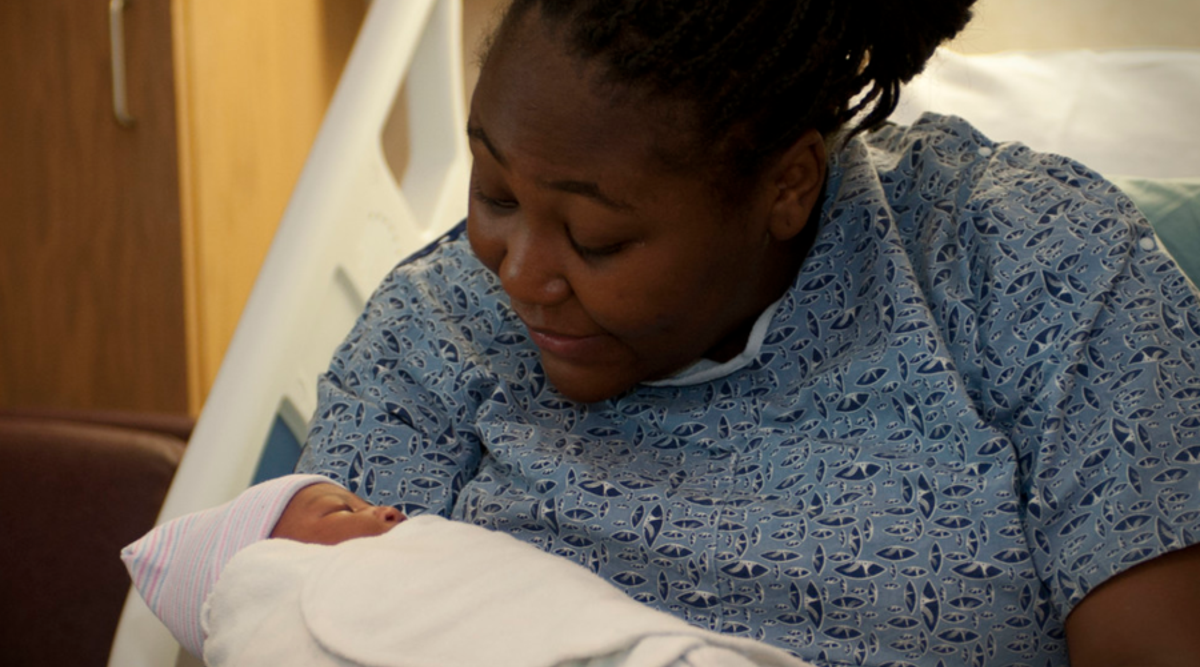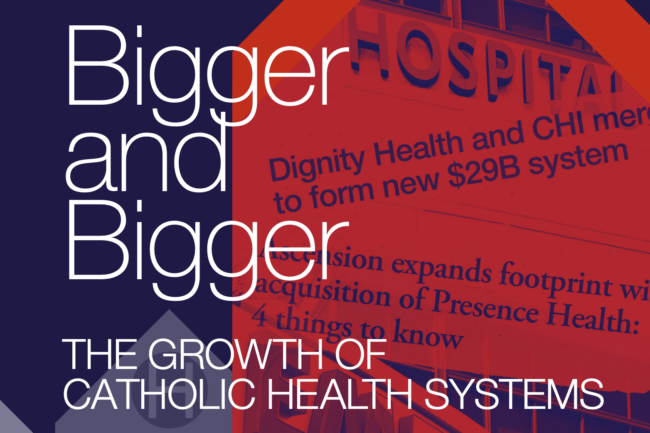Sexual, Reproductive, & Maternal Health
Health EquityWe work with our partners to build community power to protect access to and shape sexual, reproductive, and maternal health care policies.
When compared to nations of similar wealth, the United States has the highest rates of infant and maternal deaths — and women and birthing people of color are disproportionately affected. In June 2022, the Dobbs v. Jackson Women’s Health Organization ruling by the Supreme Court of the United States further undermined the sexual, reproductive, and maternal health of millions of people by stripping their constitutional right to abortion — even in cases of rape, incest, or when their own lives are in danger.
Since the Dobbs ruling, at least 14 states have banned or severely restricted access to abortion care. As a result, pregnant people are forced to travel long distances to get access to safe and legal abortion care in other states or attempt to obtain medication for self-managed abortions — even through risky or life-threatening means. Black and Indigenous women have been impacted the most by these restrictions.
13% Percentage of Americans who believe that abortion should be illegal in all circumstances
Gallup, May 2022
And people who experience devastating emergencies during pregnancy, such as miscarriages or ectopic pregnancies, may encounter life-threatening delays in treatment — or an outright refusal to be treated.
Religious hospitals and health systems further restrict access to vital reproductive and pregnancy emergency care. Some of the nation’s largest health systems are run by religious entities that refuse to provide contraception or abortions, making it difficult for people in states with abortion bans to prevent pregnancy. Even in states where abortion remains legal, people may have limited or no access to abortion or contraception because their local hospitals, clinics, urgent care centers, and physician practices are operated by religious health systems that prohibit such care.
But reproductive health isn’t just about pregnancy or abortion. It’s about having personal autonomy over one’s own body and choices, including consensual, pleasurable, and safe sex, gender-affirming care, access to screening and treatment for sexually-transmitted infections, and an affordable variety of contraceptive options. The current relationship between politics and religion in our health care system puts all of this in jeopardy.
Community Catalyst collaborates with partners to build community power to protect access to and shape sexual, reproductive, and maternal health care policies. We are committed to standing with the people most hurt by our health system today, and taking back rights that have been eroded.

